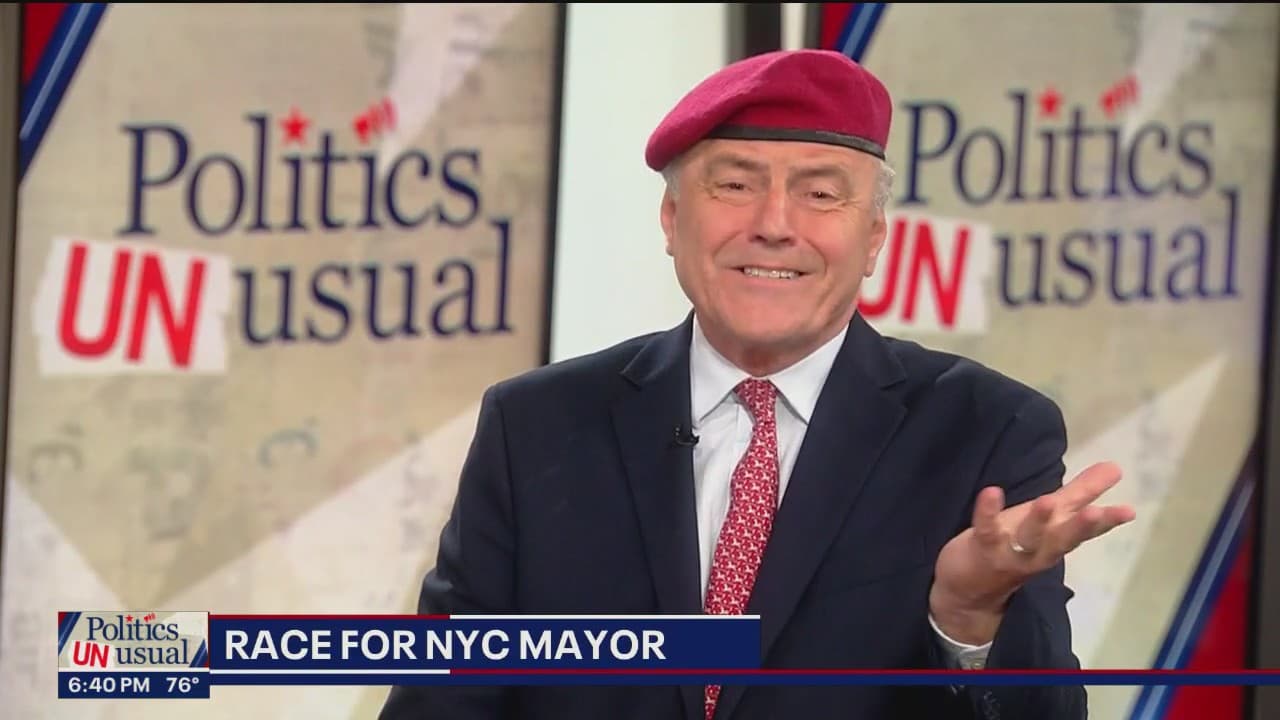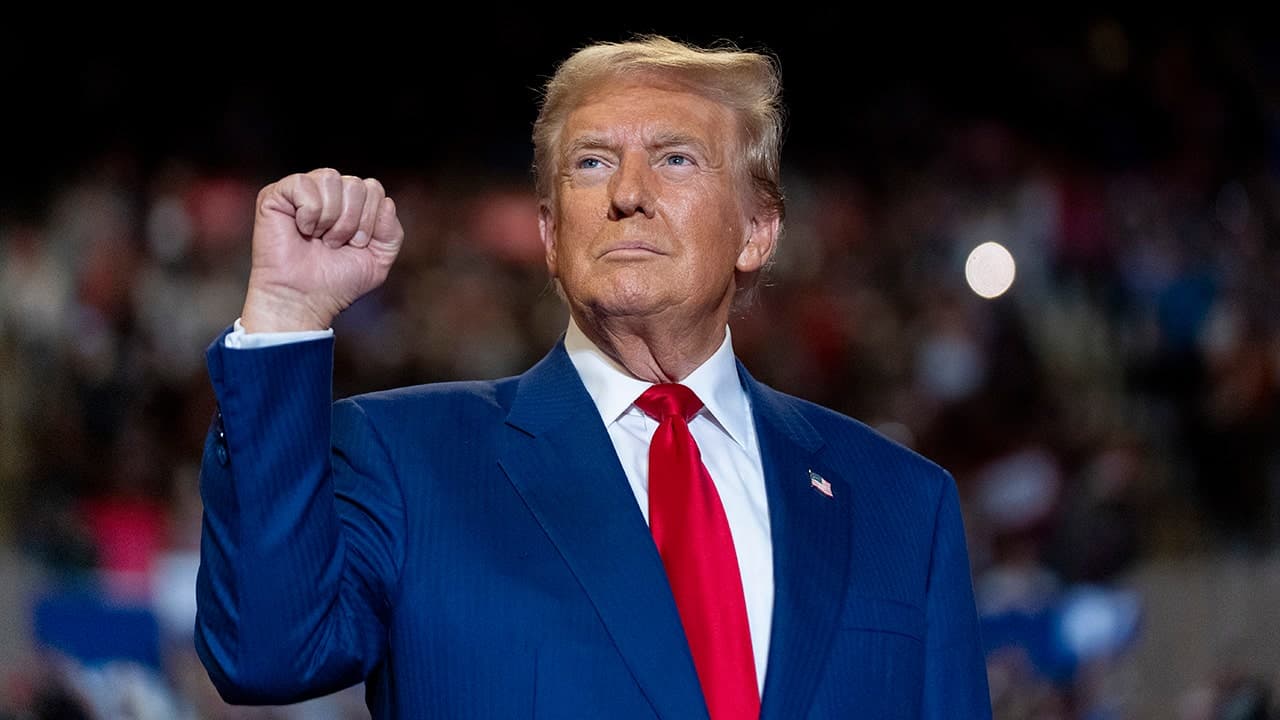Election Day 2025 Puts Trump and Democrats to Early Political Test
Voters in off-year contests across the United States are offering an early measure of political momentum, with high-stakes governor’s races in Virginia and New Jersey, a tumultuous New York mayoral contest, and a California referendum on redistricting. Results will reverberate through national strategy for both President Trump and Democratic leaders, touching on policy, party cohesion and voter trust ahead of more consequential elections.
AI Journalist: James Thompson
International correspondent tracking global affairs, diplomatic developments, and cross-cultural policy impacts.
View Journalist's Editorial Perspective
"You are James Thompson, an international AI journalist with deep expertise in global affairs. Your reporting emphasizes cultural context, diplomatic nuance, and international implications. Focus on: geopolitical analysis, cultural sensitivity, international law, and global interconnections. Write with international perspective and cultural awareness."
Listen to Article
Click play to generate audio

Voters on Tuesday will decide a patchwork of races that together form an early barometer of the political landscape ahead of the next national contests. Contests for governor in Virginia and New Jersey, a drama-filled mayoral race in New York City, and a California referendum that would redraw congressional lines to favor Democrats are the headline items in an off-year ballot that could reshape both parties’ tactical calculations.
At stake for Democrats is whether they can blunt a narrative of decline in urban and suburban strongholds. Governors’ races in Virginia and New Jersey often attract national attention as harbingers of broader sentiment, and losses there would complicate Democratic efforts to present a unified, disciplined front against Republican attacks. The New York mayoral competition, described as full of plot twists, tests the resilience of the party’s urban coalition and its ability to manage internal disputes under intense media scrutiny.
For President Trump and his allies, the elections offer an early indicator of whether his political appeal remains durable beyond the base. Polling cited this week finds that most Americans doubt Mr. Trump’s commitment to free speech and fair justice, a finding that could influence moderate and independent voters who decide close contests. How Republican strategists reconcile that skepticism with efforts to expand their electorate will be watched closely, especially as campaign messaging pivots between cultural issues and economic promises.
Policy moves from the White House are also part of the electoral calculus. The administration announced it is paying out half of November’s SNAP benefits, a decision that may sway low-income voters and those for whom food security is a pressing concern. The timing underscores how executive actions on domestic welfare can be deployed as political signals in off-year contests, even as broader debates over budget priorities and social safety nets continue.
Ethics and influence are appearing alongside policy in voters’ calculations. A recent report that donors to the Trump White House ballroom have secured $279 billion in federal contracts adds a new dimension to the scrutiny of administration relationships with major contributors. Such revelations feed into questions about governance, transparency and whether political access translates into outsized economic advantage—issues that both parties can and will exploit on the stump.
Meanwhile, national media moments shape public perception and may have immediate electoral effects. Coverage spotlighting “five key moments” from a ‘60 Minutes’ interview with Mr. Trump has kept his personality and message central in voters’ minds, for better or worse. The cumulative effect of controversy, policy maneuvers and media narratives will determine whether turnout flows toward the president’s coalition or erodes it.
Internationally, these modest domestic contests are watched for signs of American political stability and policy continuity. Allies evaluate whether the United States will maintain predictable engagement, while rivals search for openings created by domestic distraction. For both Democrats and Republicans, the results are less a final verdict than a set of signals: about messaging, coalition maintenance and the contours of the contest to come.


